Climate policy in Anthony Albanese’s push for Indigenous voice to parliament
The Greens have upheld the need for the voice to provide advice on policies such as the safeguard mechanism in a rebuke to Anthony Albanese.
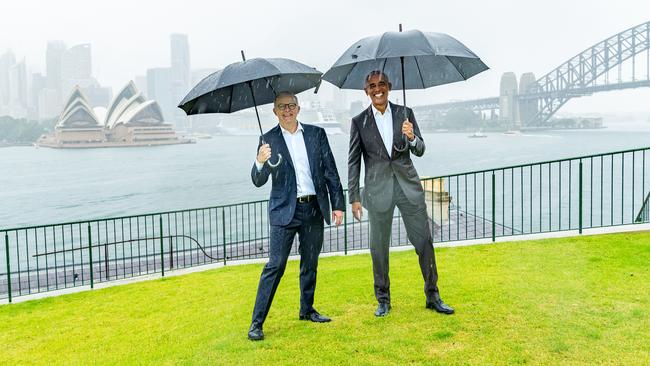
The Greens have upheld the need for the voice to provide advice on policies such as the safeguard mechanism in a rebuke to Anthony Albanese, arguing the climate policy – and the coal and gas projects it could affect – directly impacts upon Indigenous Australians.
Greens First Nations and resources spokeswoman Dorinda Cox said she was “deeply disappointed” by the Prime Minister’s comments on Monday dismissing the prospect of the Indigenous voice to parliament making representations to the government or the Greens on the safeguard mechanism.
“Let me be very clear, as someone who has visited, on country, with traditional owners in the Tiwi, on Murujuga, in the Pilliga Forest, I can say without doubt coal and gas projects are affecting First Nations people,” said Senator Cox, a Yamatji-Noongar woman.
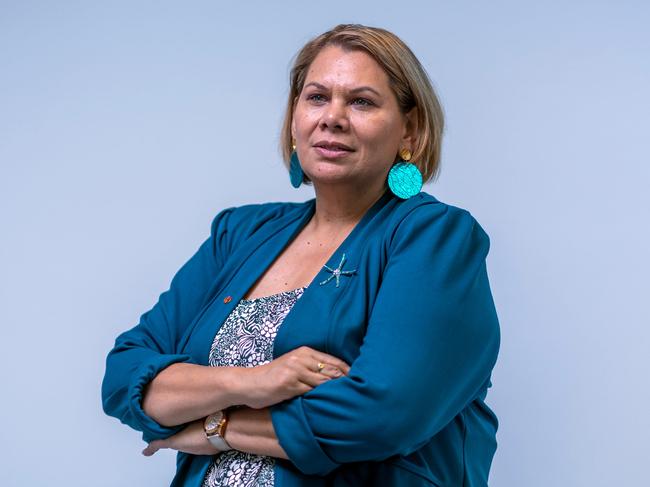
“Mob are out there actively campaigning against Barossa, Beetaloo, Narrabri and Scarborough because their entire way of life is affected. These projects affect their ability to hold ceremony on country, they destroy sacred sites, contaminate the waters and land, interrupt First Nations access to traditional food sources, and sever spiritual connections and intangible cultural heritage that has existed for over 65,000 years. The Prime Minister’s comments today are deeply disappointing.”
The Coalition also cautioned that the scope of the government’s proposed voice was “broad and unclear” as the major parties traded barbs over the advisory body, with Mr Albanese accusing Peter Dutton of undermining constitutional recognition at every opportunity.
When asked if Mr Albanese envisaged the voice could provide advice to the government and the Greens on the updated safeguard mechanism, which is set to pass parliament with the support of the crossbench party, the Prime Minister said such a suggestion was a distraction from what the advisory body was about.
“Of all the very strange questions I have been asked about the voice, that’s up there,” Mr Albanese said. “The voice is about matters that directly affect Aboriginal and Torres Strait Islander people. That’s what it’s about and people shouldn’t look for, on the voice, distractions. They can ask all sorts of things about whether it will, you know, give advice on who should play five-eighth for Souths this week … that is not what it is about. The voice is not about defence policy. It’s not about foreign affairs policy. It’s not about these issues. The voice is about issues that directly affect Aboriginal and Torres Strait Islander people.”
The government’s proposed constitutional amendment says the voice “may make representations to the parliament and the executive government of the Commonwealth on matters relating to Aboriginal and Torres Strait Islander peoples”.
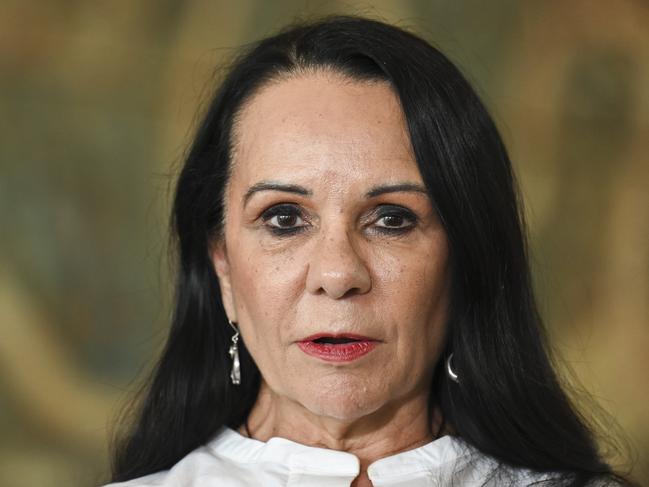
Following question time, in which opposition Indigenous Australians spokesman Julian Leeser asked Indigenous Australians Minister Linda Burney if the Reserve Bank would need to consult the voice before making a decision on interest rates, Mr Leeser declared it had been a “day of confusion for the government”. Ms Burney pointed out the RBA was independent of government in formulating policy.
However, it is a federal agency.
“It is unfortunate that the government hasn’t done its work on the detail,” Mr Leeser said.
“The scope of what the voice can advise on is broad and unclear, and without accompanying detail Australians can’t make out what will be within and outside the voice’s considerations. Indeed, the government itself is struggling with the same issue.
“The lack of clarity by the Prime Minister and his ministers is a reminder that good public process and detail is the friend and not the enemy of this proposal.”
Marcus Stewart, a key adviser to the Albanese government on the voice, said questioning over whether the advisory body would make representations to parliament and the executive government on policies like the safeguard mechanism were “dangerous” and favoured the No campaign.
“Let me be very clear. It’s dangerous to be running questions such as these. It will only feed the confusion and misinformation out there and favour the NO campaign,” Mr Stewart told The Australian.
“Such lines of questioning will only undermine the voice and its objective to improve the lives of Aboriginal and Torres Strait Islander People.
“The voice will provide advice based on the issues it hears from the community it serves. The only question that matters right now is the question we will put to the Australian people come referendum day.”
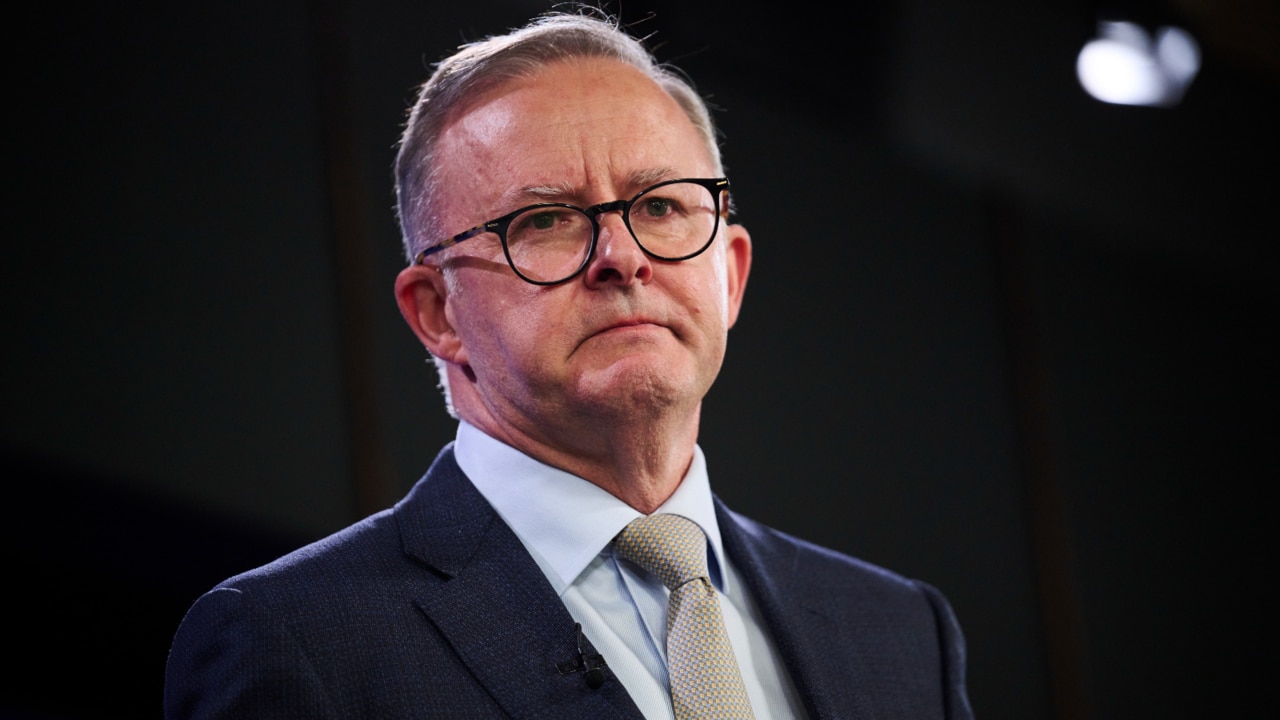
The Prime Minister also said he personally would have preferred the government didn’t agree to a Coalition demand for a Yes/No pamphlet at the referendum.
He ridiculed the idea that releasing Solicitor-General Stephen Donaghue KC’s advice to the government on the voice would encourage the Opposition Leader and Liberal Party to support the advisory body.
Mr Albanese said the government did not release documentation “that was specifically provided for the cabinet”.
While he flagged an openness last month to consider whether the draft constitutional amendment should be changed so the voice did not make representations to executive government, on Monday he said the wording put last week by Labor and the referendum working group was the government’s position.
“I’m yet to see a single word offered that has suggested amendments from my Garma speech from anyone in the Coalition or indeed, anyone across the parliament. Not one. Not one additional suggestion from any member of parliament,” Mr Albanese said.
Attorney-General Mark Dreyfus said the voice would be able to make representations to the governor-general of the day “insofar as it’s ever relevant” but it would focus its attention on “things which matter most”.
He said “potentially” every decision made by federal parliament could affect Aboriginal and Torres Strait Islander people and so fit under the voice’s remit, but he believed it would focus on the most pressing issues such as health, education, the incarceration rate and life expectancy.
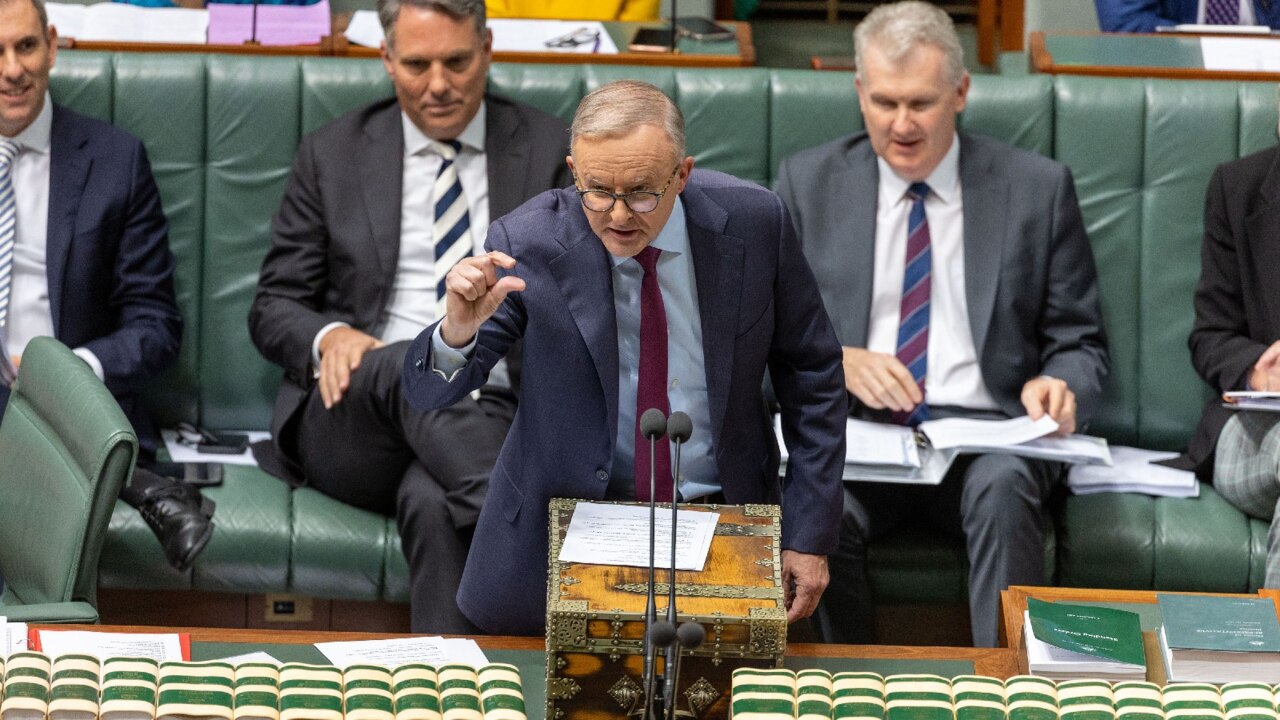


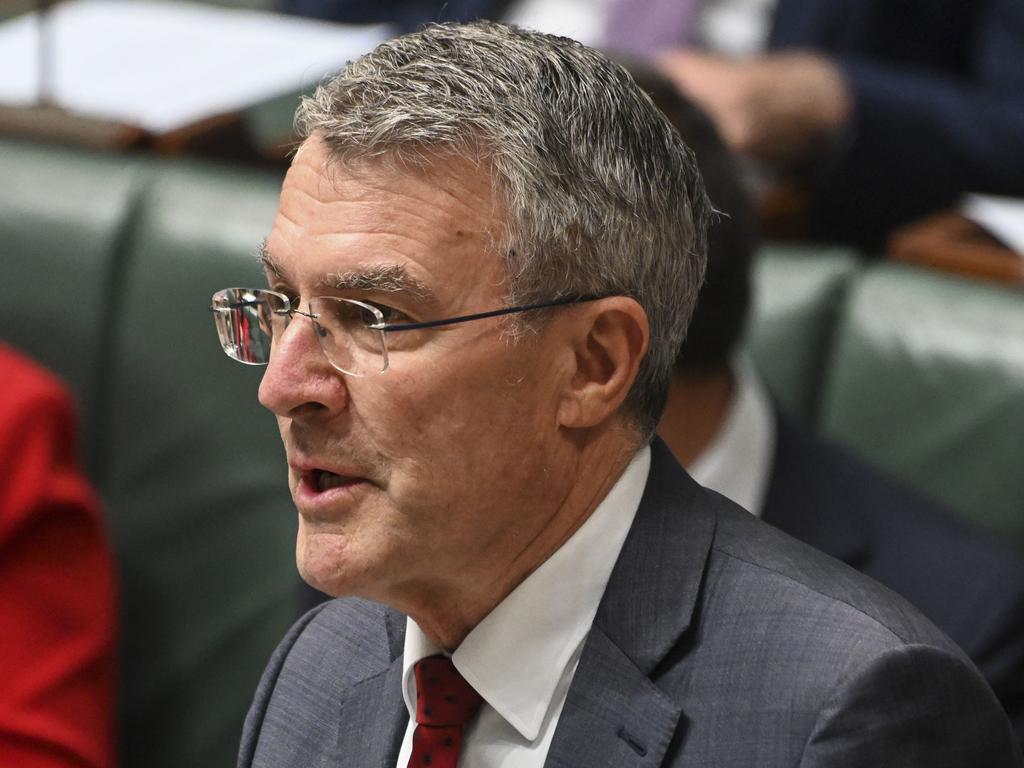
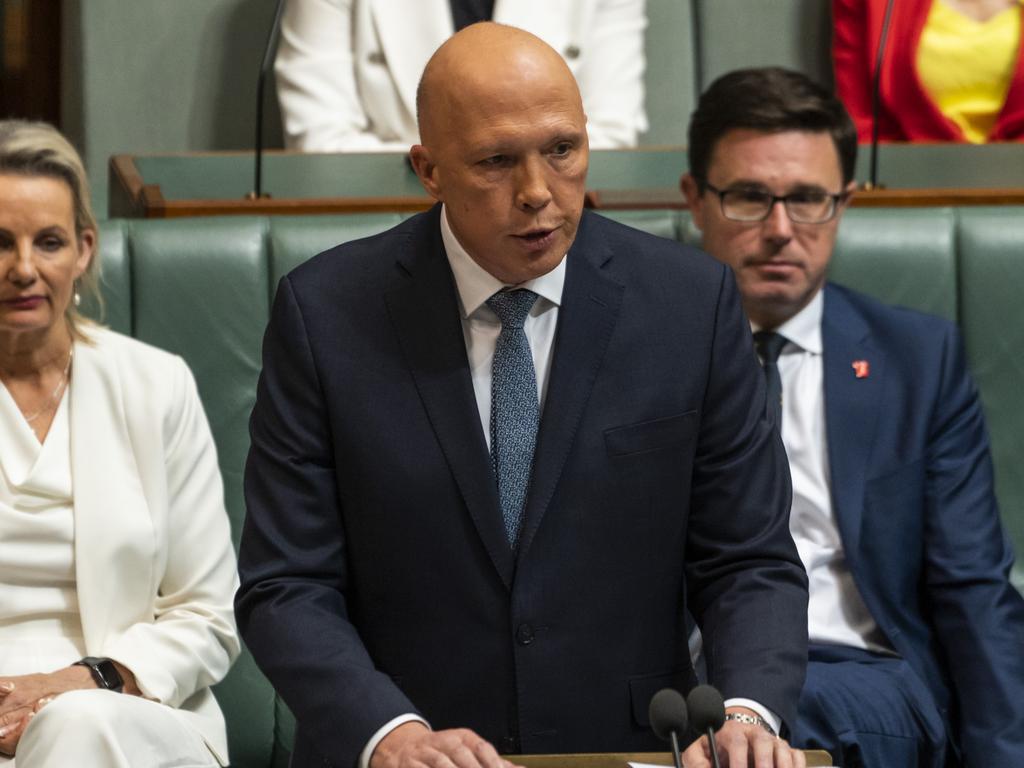
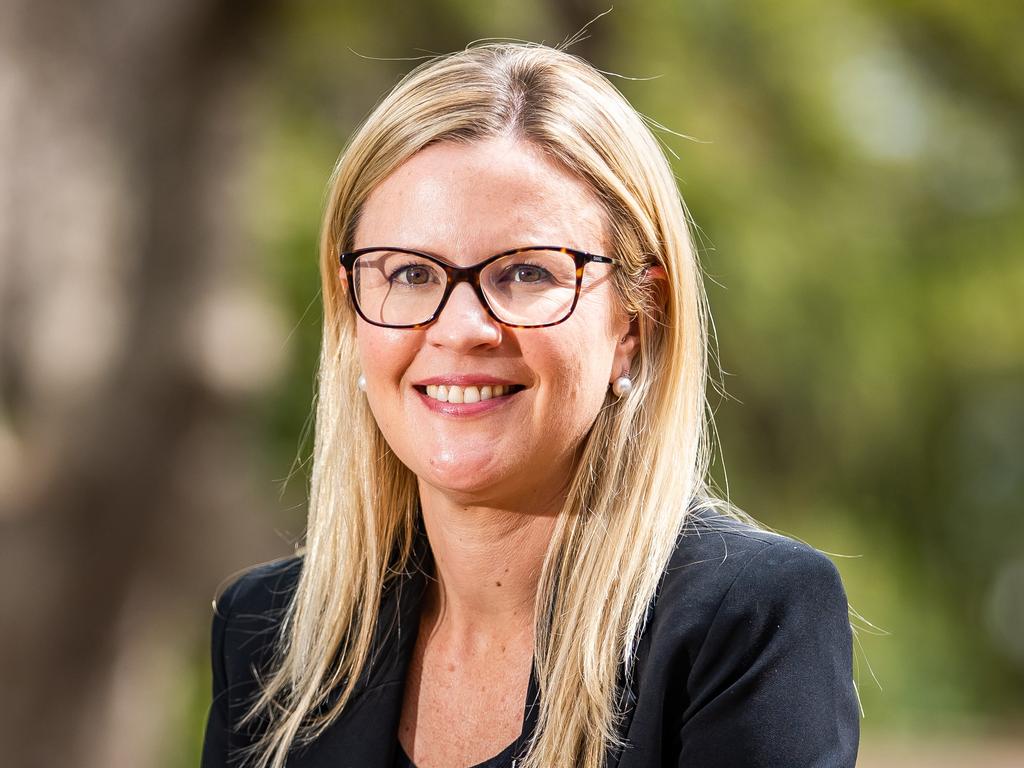
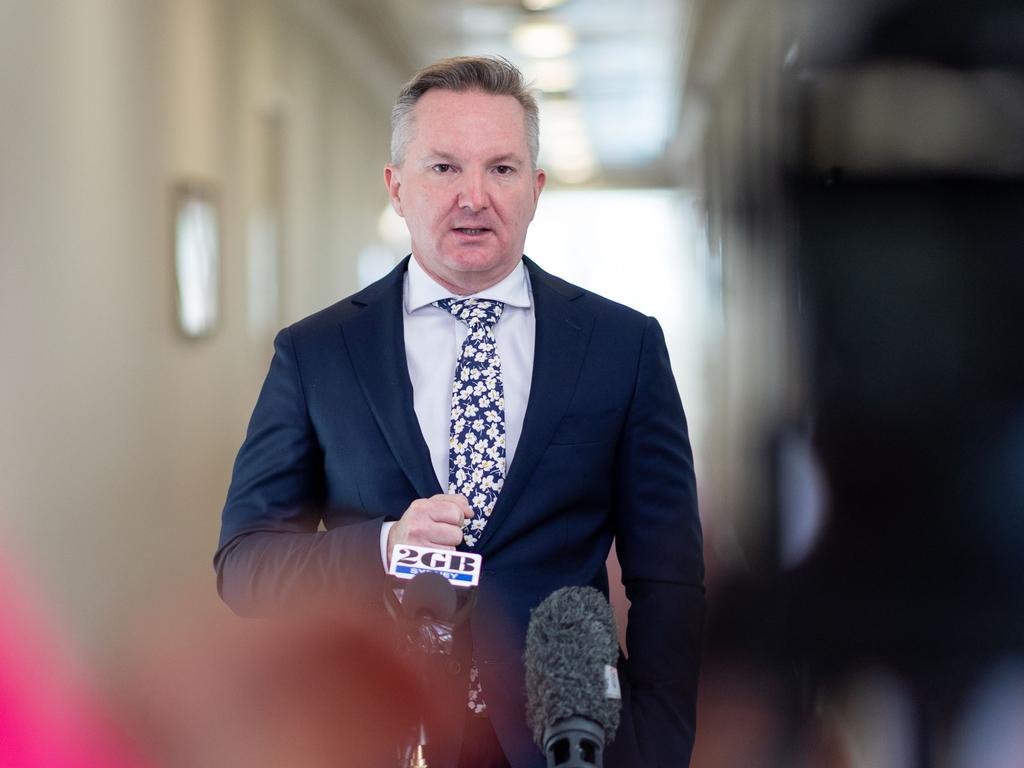
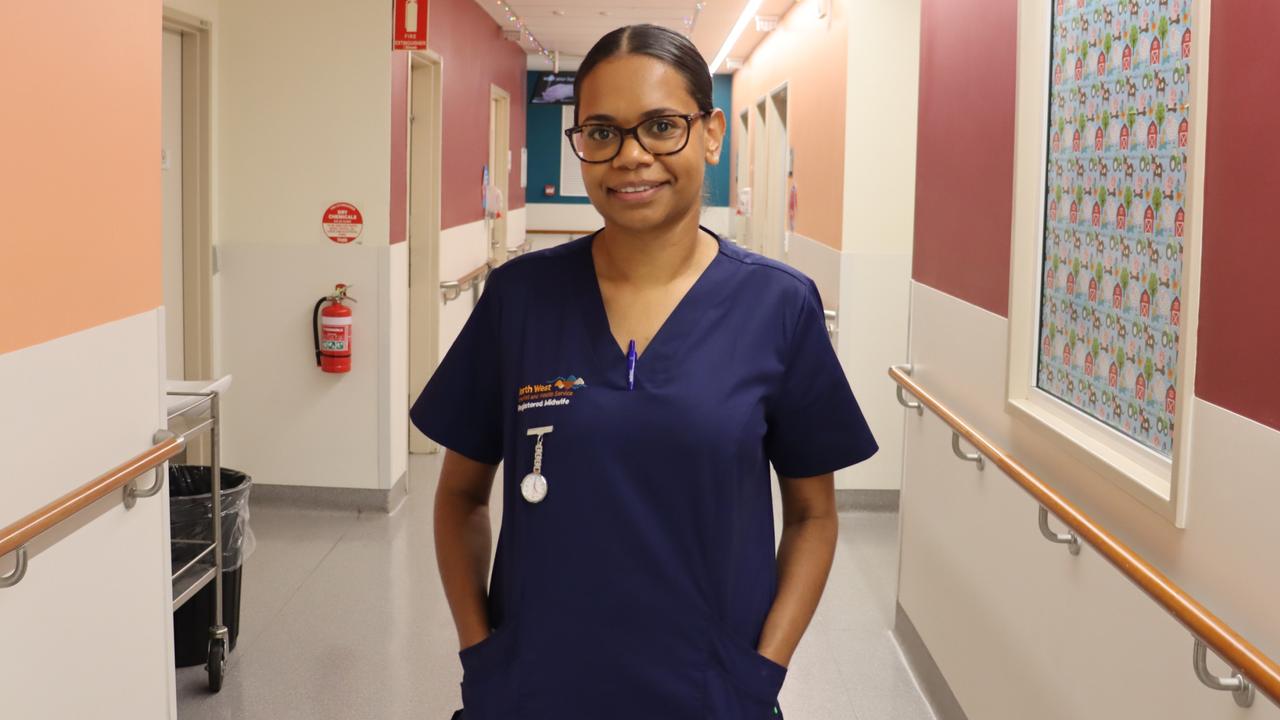
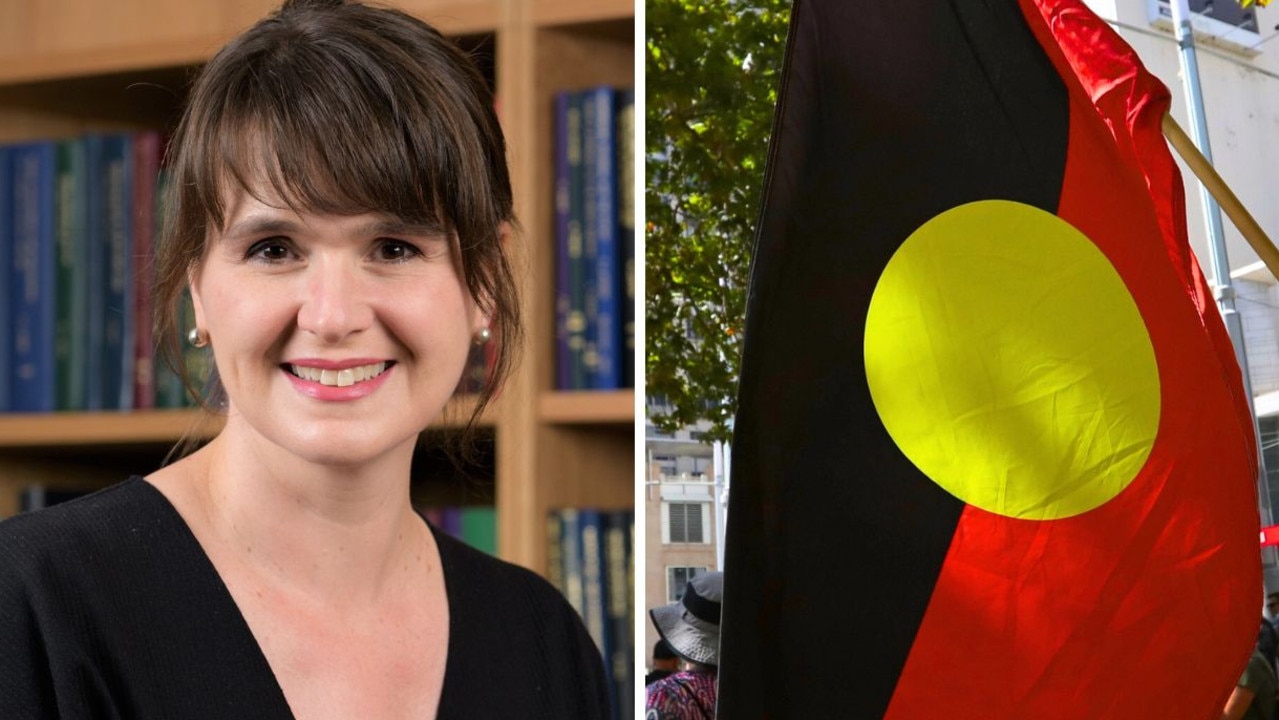
To join the conversation, please log in. Don't have an account? Register
Join the conversation, you are commenting as Logout